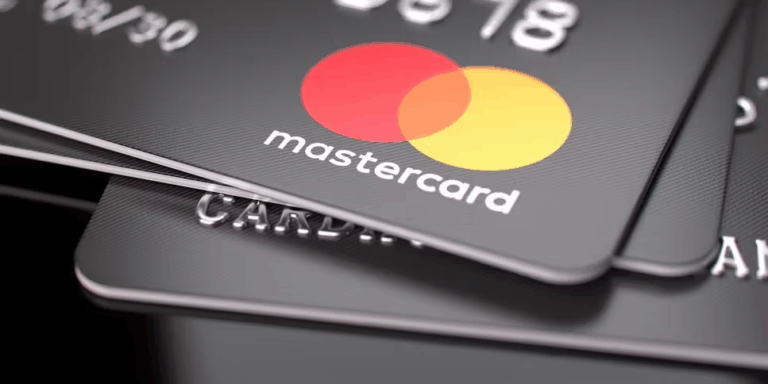Following a successful launch in the United States, Mastercard is expanding its data-driven First-Party Trust program to counter the rise of first-party or ‘friendly’ fraud, where genuine transactions are disputed by cardholders, either by mistake or intentionally.
E-commerce, or electronic commerce, has revolutionized the transaction experience and, at the same time, has increased the need for greater payment transparency by merchants, small business owners and entrepreneurs. Today, it is easier than ever for a customer to complain about a debit or credit card transaction that he or she does not recognize. In these cases, it is up to the card issuer to determine whether to refund the amount of the transaction; this is known as a chargeback.
It is estimated that the global cost of merchant chargebacks will increase to $42 billion by 2028, of which nearly half will be reported as fraudulent, according to Mastercard’s 2025 State of Chargebacks report.

To help combat this problem, Mastercard is expanding its First-Party Trust program to Canada, Latin America, the Caribbean, and the Asia-Pacific region.
The program supports large and small businesses in tackling time-consuming and resource-intensive issues such as investigating and managing these claims. First-Party Trust offers enhanced data exchange, either at the time of the transaction or when a dispute arises. This allows issuers to more accurately identify third-party fraud, where someone’s data is used without their consent, versus first-party fraud, and obtain reliable information to resolve disputes with cardholders.
“As e-commerce continues to evolve, businesses are increasingly able to create new experiences for consumers, highlighting the need for a clearer framework to manage complex disputes”, said Johan Gerber, executive vice president and global head of Security Solutions at Mastercard.
“The ‘First-Party Trust’ program supports businesses and banks by facilitating the exchange of evidence, which streamlines the dispute resolution process and makes it more time and cost efficient”.

This program offers two methods for sharing these enhanced findings between merchants and cardholders. Merchants can include enhanced data during authorization or send it after the transaction during the dispute process. First-Party Trust seeks to improve dispute resolution through:
- Optimized issuer signals that provide better cardholder information, including purchase history, device details, delivery information, identity elements and geographic location.
- New rules defining hard evidence to identify genuine purchases and prevent erroneous and unnecessary disputes, including chargeback protection for merchants that comply with First-Party Trust data sharing requirements.

Beyond this initiative, Mastercard continues to collaborate with partners across the payments ecosystem to combat other forms of first-party fraud, such as refund and chargeback abuse. As part of these efforts, earlier this year Mastercard introduced a new industry working group to address this growing challenge head-on.
“Mastercard’s First-Party Trust program demonstrates the power of industry collaboration in action”, said Merchant Advisory Group CEO John Drechny. “Developed in close collaboration with Merchant Advisory Group members, this initiative reflects our shared commitment to reducing fraud, which improves the transaction experience for merchants and consumers alike. We are proud that many of our members, through the Mastercard working group, continue to contribute to designing solutions that foster trust and transparency across the ecosystem”.






